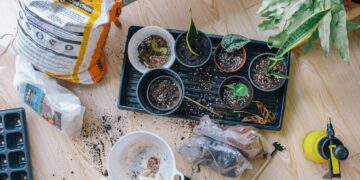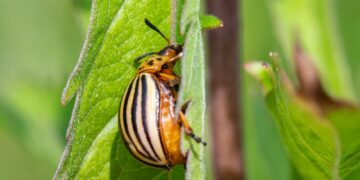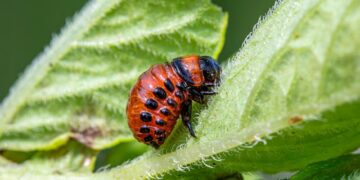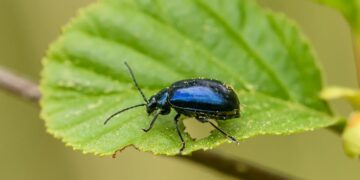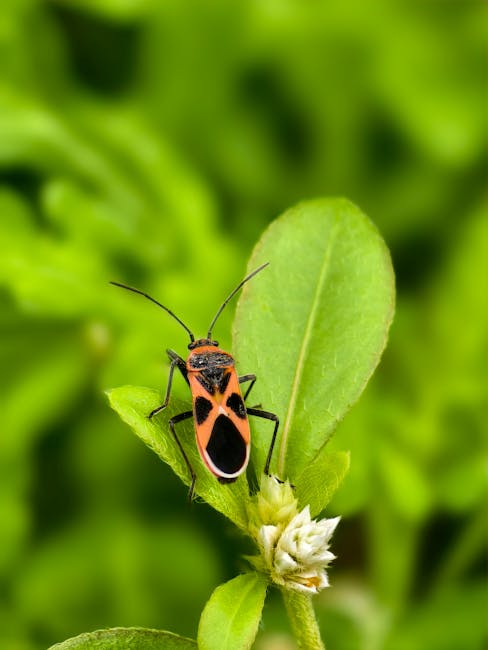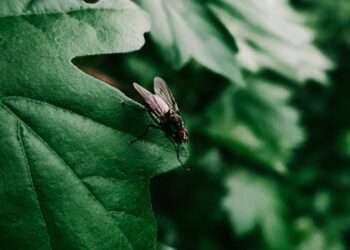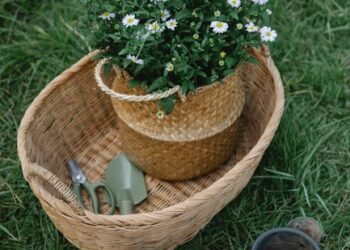Unlock Your Garden’s Potential with Natural Bug Repellents
If you are a garden enthusiast, you know that keeping your plants healthy and thriving involves more than just regular watering and sun exposure. One major hurdle every gardener faces is the invasion of pests that can wreak havoc on your beloved plants. But before you reach for chemical pesticides, consider the safer, more eco-friendly route—natural bug repellents. Harnessing the power of nature not only keeps your garden vibrant but also protects the ecosystem thriving within it.
Why Choose Natural Bug Repellents?
Opting for natural solutions to pest problems benefits both your garden and the environment. Chemical pesticides often contain toxic substances that can harm beneficial insects, soil quality, and even your own health. Natural repellents, in contrast, deter pests without these negative side effects, ensuring a healthy garden ecosystem.
Benefits for Your Garden
Natural repellents usually target only the harmful pests, sparing the beneficial ones like bees, butterflies, and ladybugs that play essential roles in pollination and natural pest control. This means your garden not only stays pest-free but also more resilient and productive.
Environmental Impact
By avoiding synthetic chemicals, you contribute to reducing the pollutant load in soil and waterways, promoting biodiversity and preventing the buildup of chemical resistance in pests.
Popular Natural Repellents to Consider
Many plants and natural substances have inherent properties that repel insects effectively. Here are some of the most effective ones you can incorporate into your garden strategy:
Essential Oils
Peppermint Oil: Not just for minty fresh breath, peppermint oil is highly effective against ants, spiders, and mosquitoes. Plant peppermint or spray diluted peppermint oil around the garden borders.
Neem Oil: Extracted from the seeds of the neem tree, neem oil is fantastic against a variety of pests, including aphids and mites. It also helps combat fungal infections that might damage plants.
Citronella Oil: Well-known for mosquito repellency, citronella can be used in candles or oil diffusers to create a mosquito-free zone around your leisure spaces or gardens.
Companion Planting
Growing certain plants together can naturally protect some of them from pests. For example:
- Marigolds: These bright flowers are not just pretty; they have a strong scent that repels nematodes and other insects.
- Garlic: Planting garlic near roses can help repel aphids, a common pest that feeds on rose bushes.
- Basil: Known for repelling thrips, flies, and mosquitoes, basil is a great companion for most vegetable plants.
Physical Barriers
Simple physical methods like nets or row covers can effectively keep pests away from your plants without the need for any chemicals. These barriers can also help protect against birds and larger critters.
DIY Recipes for Natural Bug Repellents
Making your own bug repellents can be a fun and rewarding DIY project. Here’s a simple recipe to get you started:
Homemade Garlic Spray
Ingredients:
- 2 whole garlic bulbs
- 2 cups water
- 1 teaspoon dish soap (optional, helps stick to plants)
Directions:
- Blend the garlic with water until well mixed.
- Strain the mixture and add it to a spray bottle.
- For greater efficacy, let it infuse for 24 hours before adding the dish soap and using it on the plants.
This garlic spray works well against most soft-bodied insects and can deter larger pests like deer and rabbits too.
How to Integrate These Into Your Garden Care Routine
Integrating natural repellents into your gardening routine doesn’t have to be complicated. Start small by planting some repellent plants around the garden perimeter or areas where pests are most often seen. Regularly check for pests and spray your DIY repellents every week or after heavy rains. Remember, consistency is key to maintaining a healthy, pest-free garden.
Conclusion
Embracing natural bug repellents provides a multitude of benefits not just for your garden, but for the environment as well. Start by choosing one or two methods discussed here and see how they help enhance your garden’s potential. Protecting your garden naturally is not only feasible but also rewarding, as it leads to a safer and more sustainable gardening practice.

